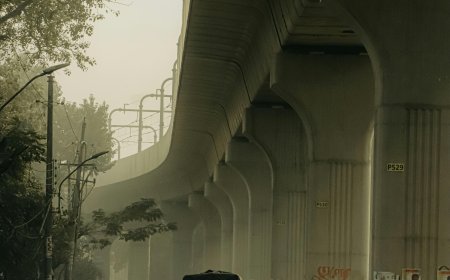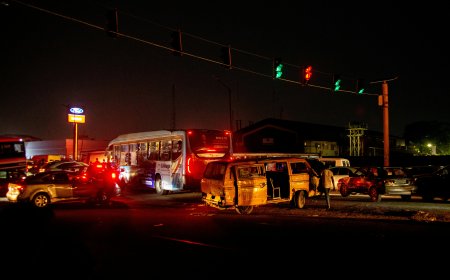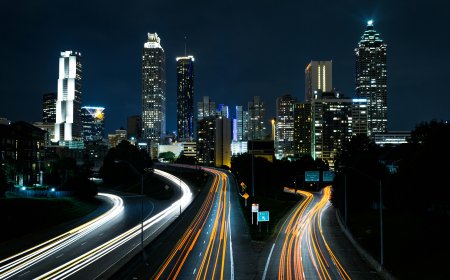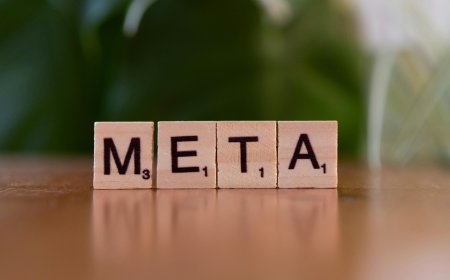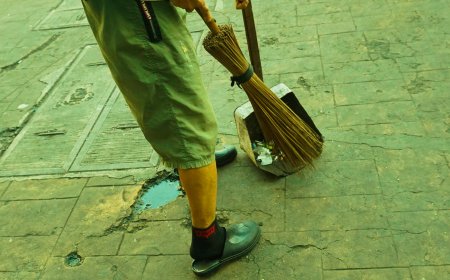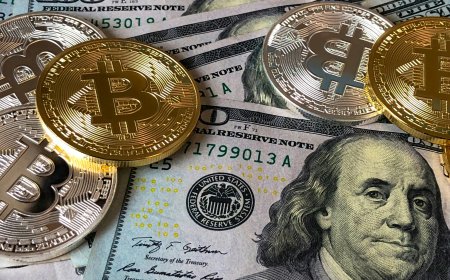Trump Blasts Arizona Copper Mine Delay as ‘Anti-American Betrayal’
Trump lashes out at fresh Arizona copper mine delay, calling pushback ‘anti-American.’ What’s really at stake in the fight over U.S. copper?
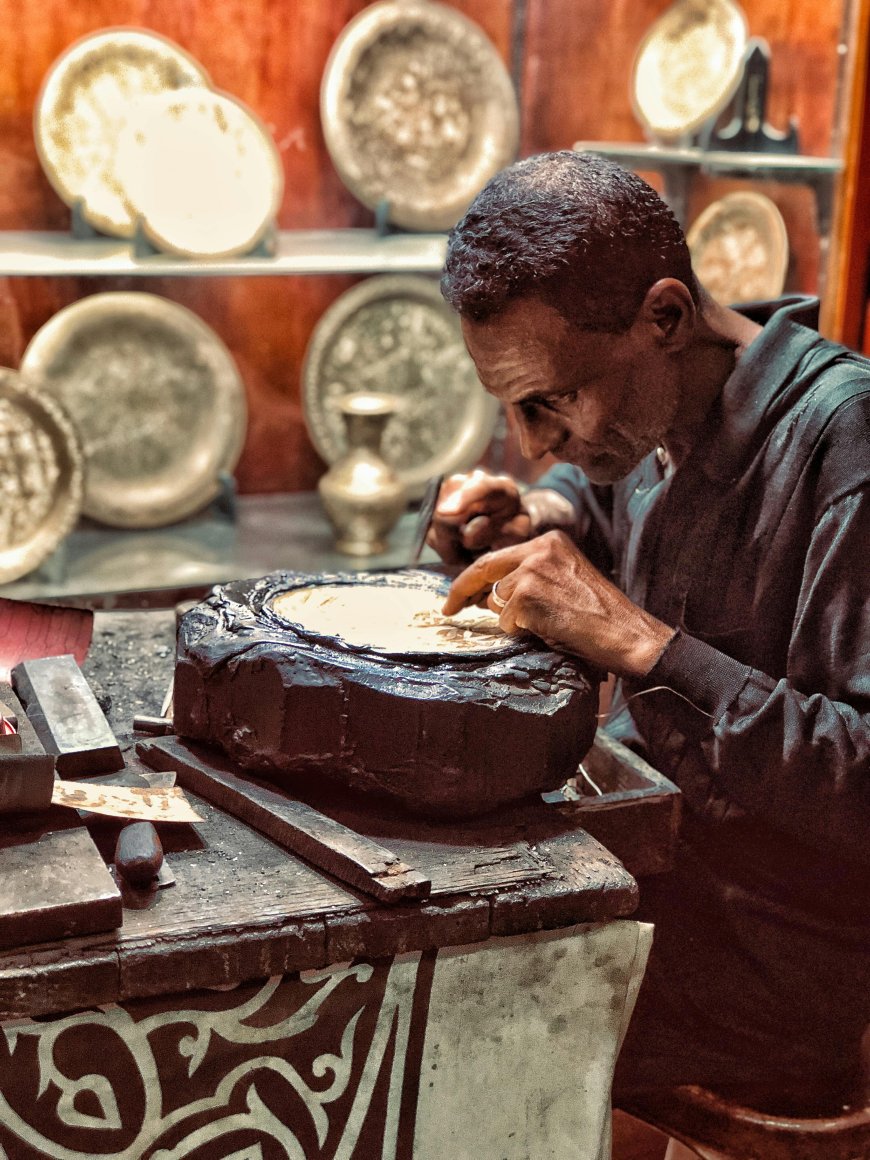
In a fiery rebuke that reignited America’s mining debate, Donald Trump has slammed the latest delay to Arizona’s massive copper mine project, calling the opposition “anti-American” and a betrayal of U.S. workers. The proposed mine, long mired in environmental reviews and political battles, is now at the center of a larger fight over jobs, energy security, and the future of domestic resources.
At a time when copper demand is surging worldwide, this delay has become more than just a local Arizona issue. It has transformed into a flashpoint for politics, economics, and environmental justice in America.
Why Copper Matters More Than Ever
Copper is often called the “metal of electrification.” From electric vehicles to renewable energy grids, copper is essential to powering the green transition. The International Energy Agency estimates global copper demand could double by 2040.
For the U.S., relying on imports poses risks. Much of the world’s copper comes from South America, where political instability and labor disputes disrupt supply chains. Advocates argue that developing domestic mines, like Arizona’s, is critical to reducing dependency and ensuring national security.
Yet, for environmentalists, copper mines carry a heavy cost. Water contamination, ecosystem damage, and land disputes with Indigenous communities are central to the resistance.
Trump’s Rhetoric: Jobs vs. Green Pushback
Trump has never been one to mince words, and his reaction to the delay was predictably combative.
“This is an anti-American attack on our workers and our future,” he declared at a recent rally. “We’re sitting on one of the richest copper deposits in the world, and instead of mining it, politicians are blocking it to please radical activists.”
For Trump, the issue is framed as jobs vs. ideology. The mine promises thousands of construction and operational roles, billions in tax revenue, and a stronger U.S. position in global resource markets. His messaging resonates with communities who feel left behind by clean-energy policies and see mining as a pathway to stability.

Environmental Pushback: Protecting Arizona’s Heartland
On the other side, environmental groups warn that the Arizona copper mine could devastate sacred Indigenous lands and irreversibly damage fragile water sources. The project sits near regions considered holy by Native American tribes, making it not just an environmental but a cultural flashpoint.
Local activists argue that jobs are temporary, but destruction of land and water is permanent. “This isn’t just about copper. It’s about survival,” one campaigner said.
Environmentalists also accuse Trump of using rhetoric that oversimplifies the issue, ignoring long-term risks for short-term political gain.
A Story of Two Americas
This mine delay has become a symbol of America’s internal divide. On one side, communities craving jobs and security; on the other, citizens fighting for environmental protection and Indigenous rights.
The story echoes across the U.S.: coal vs. solar, oil vs. wind, mines vs. conservation. Trump’s outburst tapped into this deeper narrative, casting environmentalists as “anti-American” and positioning himself as the defender of working-class communities.
The conflict is not just about copper — it’s about what America values most.
Global Stakes: Why the World Is Watching
The battle over Arizona’s copper mine isn’t confined to U.S. borders. Copper is central to electric vehicle manufacturing, clean energy grids, and digital infrastructure — sectors where the U.S. competes directly with China.
If America cannot secure its own copper supply, it risks falling behind in the race to control the future of energy. Countries like Chile and Peru dominate the copper market, but rising unrest and climate risks make supply chains vulnerable.
That’s why global investors, climate advocates, and political leaders are closely watching how this Arizona standoff plays out.
Storytelling: A Community Divided
In Superior, Arizona — a small town near the proposed mine site — the debate is deeply personal.
For some families, mining is a legacy. Grandfathers, fathers, and sons all worked in the pits, their livelihoods tied to copper’s rise and fall. “The mine is our past, and it should be our future,” said one resident.
But others remember the scars. Streams once teeming with life now run dry. Dust hangs heavy in the air. “We can’t keep sacrificing our health and our land just for promises of jobs,” said a local schoolteacher whose family has lived there for generations.
This split illustrates the heart of the national dilemma: prosperity vs. preservation.
Trump’s Political Strategy
Trump’s attack on the mine delay fits into his broader political strategy: painting Democrats and environmental groups as obstacles to American strength.
By framing the opposition as “anti-American,” he taps into patriotism, fear of foreign dependency, and distrust of elites. For his supporters, it’s a rallying cry that reinforces his image as a defender of the working class against bureaucracy.
But critics say the language is dangerous, polarizing debates that require nuance and compromise.
The Road Ahead for Arizona’s Copper Mine
The Arizona copper mine remains in limbo. Regulatory reviews, court battles, and grassroots opposition continue to stall progress. Even with Trump’s fiery words, the decision ultimately rests with policymakers and regulators.
If approved, the mine could reshape America’s role in global copper markets. If denied, it would mark a major win for environmental and Indigenous activists — and a setback for Trump’s narrative of resource-driven nationalism.
Either way, the outcome will echo far beyond Arizona.
Conclusion: The Copper Crossroads
The Arizona copper mine battle is about more than minerals. It’s about how America balances economic growth, environmental survival, and cultural preservation.
Trump’s sharp words may intensify the divide, but they also force the question: What does America prioritize in the 21st century?
At this crossroads, the U.S. faces a choice — embrace mining as a tool of power and independence, or protect land and heritage from irreversible harm. The decision will shape not only Arizona’s future but the nation’s global standing for decades to come.
FAQs
1. Why is copper so important right now?
Copper is essential for electric vehicles, renewable energy grids, and digital infrastructure, making it one of the most in-demand metals globally.
2. What is Trump’s main argument about the Arizona copper mine?
Trump argues the mine delay is “anti-American” because it blocks jobs, weakens U.S. resource security, and benefits foreign suppliers.
3. Why are environmentalists opposing the Arizona copper mine?
They fear irreversible damage to water, ecosystems, and Indigenous lands considered sacred, outweighing the short-term benefits of jobs.
4. How does this mine affect global copper supply?
If approved, the Arizona mine could reduce U.S. dependency on imports, strengthening America’s role in the global energy transition.
5. What happens next with the Arizona copper mine?
The project faces further regulatory reviews, lawsuits, and community opposition, leaving its future uncertain.
What's Your Reaction?
 Like
1
Like
1
 Dislike
0
Dislike
0
 Love
0
Love
0
 Funny
0
Funny
0
 Angry
0
Angry
0
 Sad
0
Sad
0
 Wow
0
Wow
0




